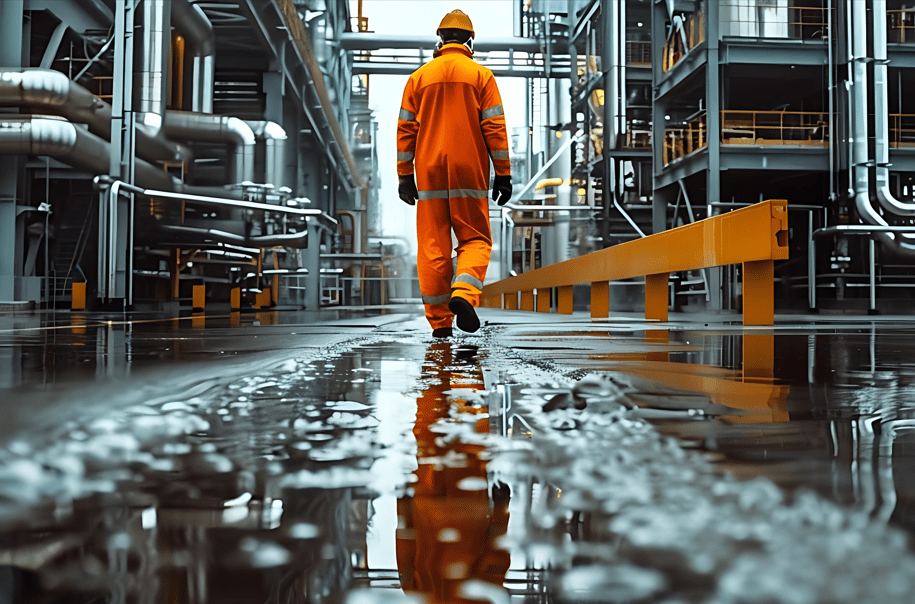From chemical plants to food processing facilities, industrial piping systems are integral to transporting fluids, gases, and sometimes even solids. These systems must be designed with efficiency, durability, and safety in mind, as they directly affect the productivity and longevity of a manufacturing facility.

In modern manufacturing, industrial pipes are the backbone of essential processes, playing a critical role in ensuring smooth operations across a wide range of industries. From chemical plants to food processing facilities, industrial piping systems are integral to transporting fluids, gases, and sometimes even solids. These systems must be designed with efficiency, durability, and safety in mind, as they directly affect the productivity and longevity of a manufacturing facility.
Industrial pipes come in various materials, each tailored to specific applications. Stainless steel, carbon steel, and plastic are among the most common materials, with each offering distinct advantages. Stainless steel, for instance, is highly resistant to corrosion and ideal for transporting chemicals, while plastic pipes are lighter and cost-effective, making them suitable for less demanding environments. The right choice of material can dramatically improve a system’s efficiency and lifespan.
The efficiency of a piping system is crucial in reducing energy consumption and minimizing downtime. Well-designed pipes ensure a steady flow of materials, which can directly impact production times. For example, a high-quality pipe system that minimizes leaks or pressure drops can significantly lower operational costs. Additionally, efficient piping systems help to maintain the correct temperatures and pressures, which are essential in industries such as food processing and pharmaceuticals, where product quality is paramount.
Durability is a key factor in the success of any manufacturing plant. Industrial pipes are exposed to harsh conditions, including high temperatures, corrosive chemicals, and mechanical stress. To withstand these challenges, manufacturers must invest in high-quality materials and regular maintenance. Properly maintained industrial piping systems can last for decades, reducing the need for costly replacements and repairs. The durability of pipes also contributes to workplace safety, as faulty or worn-out pipes can lead to dangerous leaks, explosions, or contamination. By investing in durable piping systems, manufacturers can safeguard their employees and maintain a consistent production flow.
In recent years, innovations in industrial piping have significantly enhanced both efficiency and durability. Advancements such as smart piping systems, which use sensors to detect leaks or pressure changes in real-time, are revolutionizing how manufacturers manage their operations. New materials, such as corrosion-resistant alloys and advanced plastics, are also helping to extend the lifespan of pipes, even in the most demanding environments.These innovations not only improve performance but also reduce maintenance costs and environmental impact, aligning with the growing focus on sustainable manufacturing practices.
Industrial pipes are more than just conduits for transporting materials; they are a fundamental component of any modern manufacturing facility. Their efficiency and durability directly influence operational success, and as technology evolves, so too will the role of industrial piping in driving productivity and sustainability in manufacturing.








